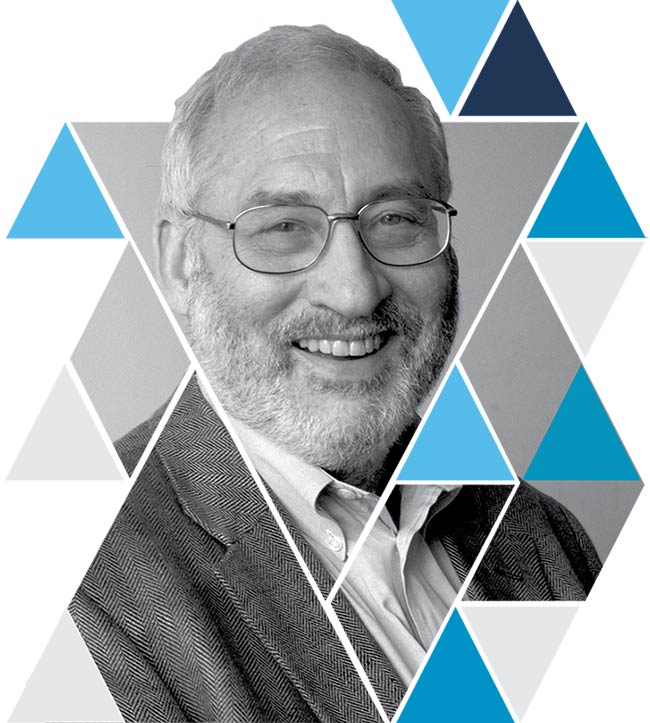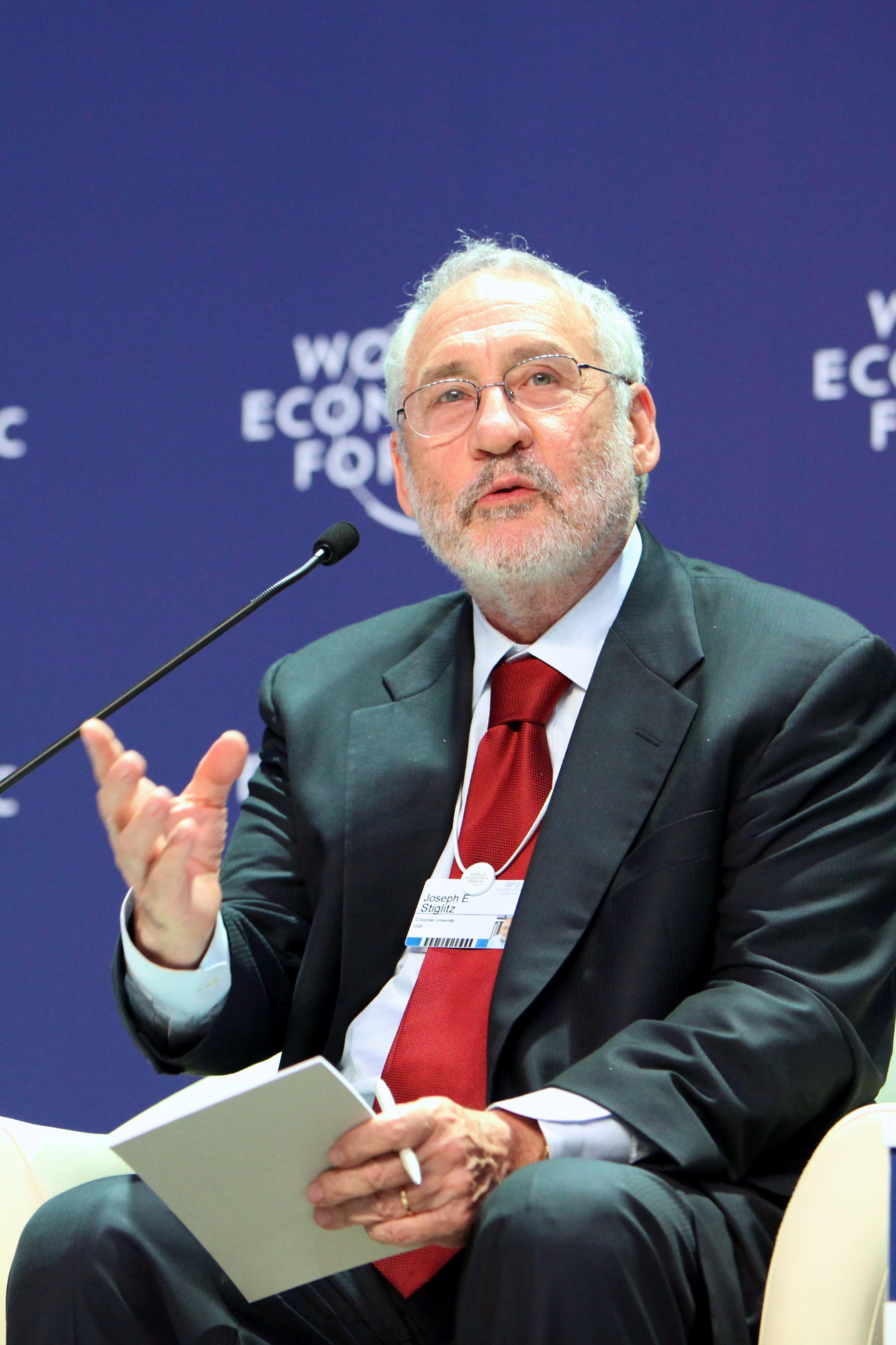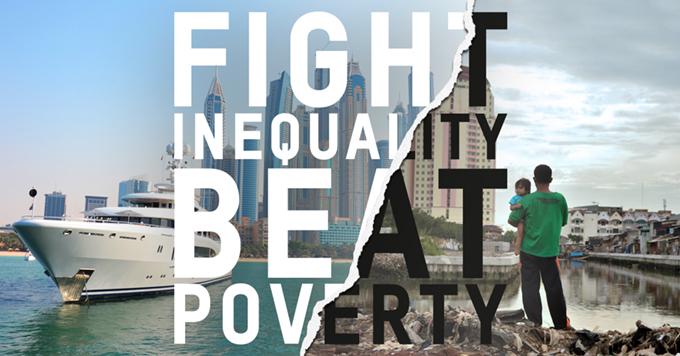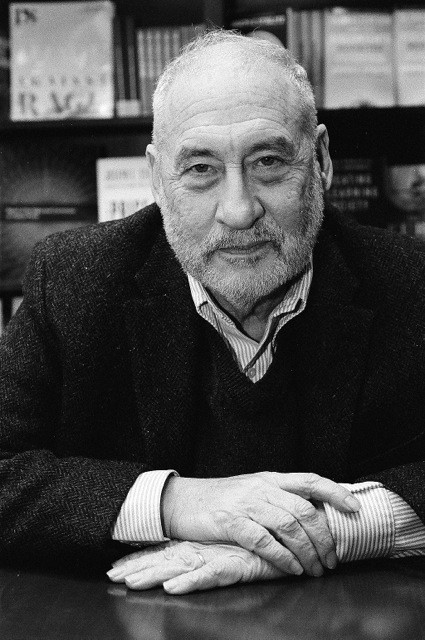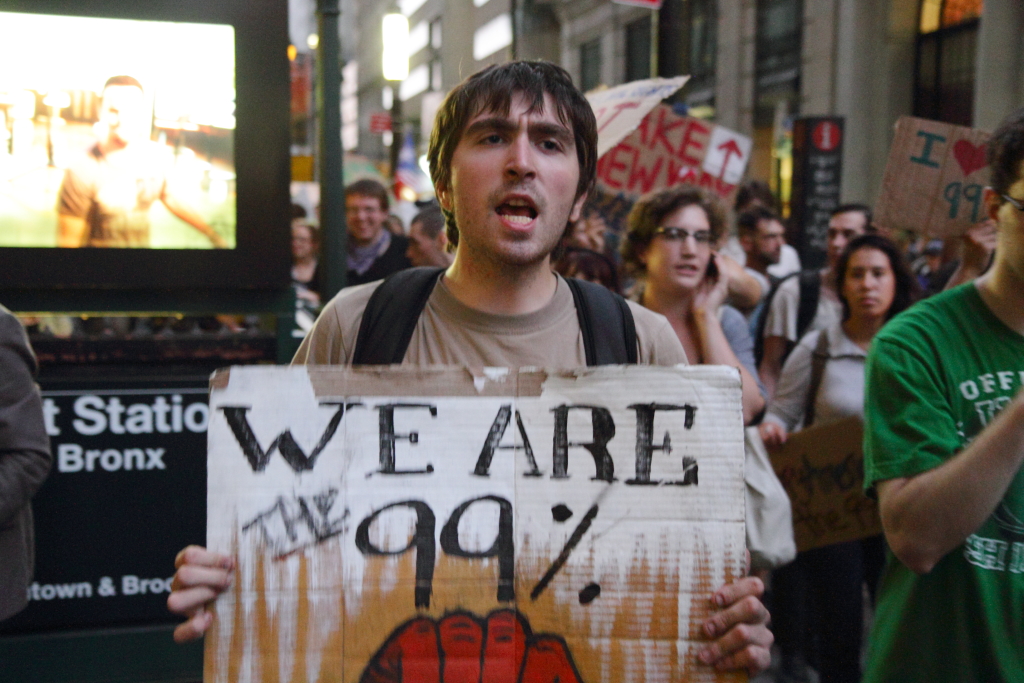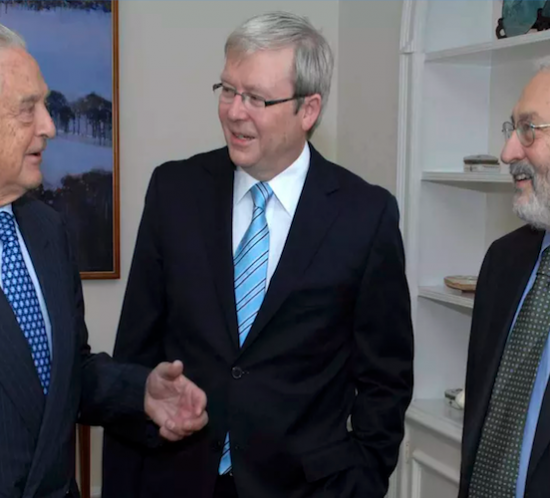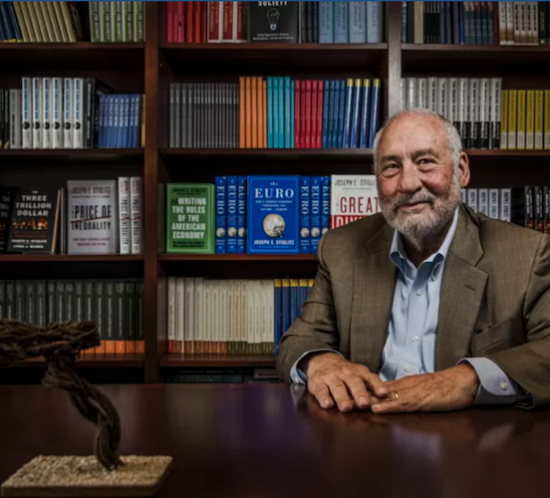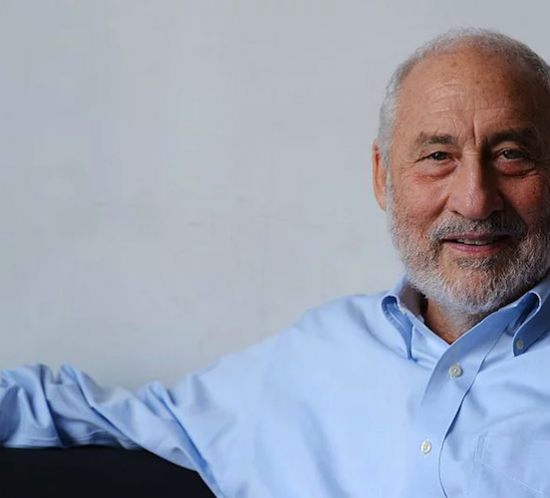On Thursday 15 November at Sydney Town Hall, American economist, Nobel laureate and lifelong champion for global economic justice, Professor Joseph Stiglitz, received the 2018 Sydney Peace Prize.
Inequality is created
Today’s gilded age of the 1% is undermining the future of the 99% – a haunting reality and powerful concept pioneered by 2018 Sydney Peace Prize recipient Professor Joseph Stiglitz. Whilst political leaders have long preferred to speak about inequality “in quiet rooms in hushed tones”, Stiglitz has been sounding the alarm since the 1960s.
Inequality is one of the biggest challenges our world faces today. Around the world, the gap between the rich and poor is spiralling out of control. It is growing wider each year. Oxfam recently reported that 82 percent of all growth in global wealth in the last year went to the top 1 percent, whilst the bottom half of humanity saw no increase at all.
In Stiglitz’s words: “Wealth begets power, which begets more wealth“.
Our economic system is broken: and the concentration of wealth, resources and power in the hands of the 1% leaves many behind whilst big business and wealthy individuals benefit. This is an epidemic of exploitation, removing us further and further away from the just, equal and sustainable world we are working towards.
While this system is unfair, it is not accidental or inevitable. As 2018 Sydney Peace Prize recipient Professor Joseph Stiglitz says, inequality is created. It is the result of deliberate policy choices by people in power. This also means that a solution is not out of reach: our governments can act decisively to end the inequality crisis if they choose to do so.
The People’s Professor
Born in Gary, Indiana in 1943, Joseph Stiglitz grew in a politically active family. Witnessing inequality, poverty, discrimination and unemployment around him shaped Stiglitz’s understanding of the world. It motivated him to dedicate his life’s work to fighting for global social justice, changing the rules and politics that unfairly favour the wealthy.
Stiglitz established a reputation early in his career. He received his PhD from MIT in 1967, won Fulbright and Guggenheim fellowships in his 20s, became a full professor at Yale at 27 years, won the John Bates Clark Award for young influential economists in 1979, and taught economics at Stanford, Oxford and Princeton – all before he turned 40.
Amidst teaching complex economic theory, Professor Stiglitz offers his students a lesson to apply to both economics and life:
“Don’t settle for solving a small problem when you may be able to solve a larger one.”
It is advice he has lived by for years, as tackling and solving some of the world’s biggest problems has become his life-long mission. Dubbed ‘The People’s Professor’, Stiglitz is never one to shy away from weighing in on battles for global social justice. The theme that runs through his life’s work? Standing up for the ‘little guy’, defending the cause of the global citizen, and rewriting the unfair rules of globalisation. His priority? To win a more equitable share in the benefits of globalisation for the billion people who live on less than $1 a day.
Challenging economic conventions
As a prolific academic at world-leading universities and as an influential advocate in the policy world, Stiglitz has galvanised and shaped global debates on inequality and economic fairness over the last three decades. Whether as economic advisor to President Bill Clinton or the United Nations, or as Chief Economist at the World Bank, Professor Stiglitz speaks truth to power and challenges the all-powerful role of the markets.
In his 2001 Nobel Prize Lecture, he admitted:
As an individual I have not been content just to let others translate these ideas into practice. It was important to make people aware that in important cases, the institutions that were making the rules of the game and influencing the lives of millions around the world were getting their economics wrong [and that] there were reasons to question their technical legitimacy and their political legitimacy.
Warning that the global economic system is stacked against developing nations, Stiglitz has been credited for using his position to boldly challenge conventional economic approaches. In the hard-hitting world of policymaking, politics and strategic calculation, Stiglitz has never been afraid to rock the boat when necessary, reopening and pushing debates that far more powerful men had conveniently put to rest.


